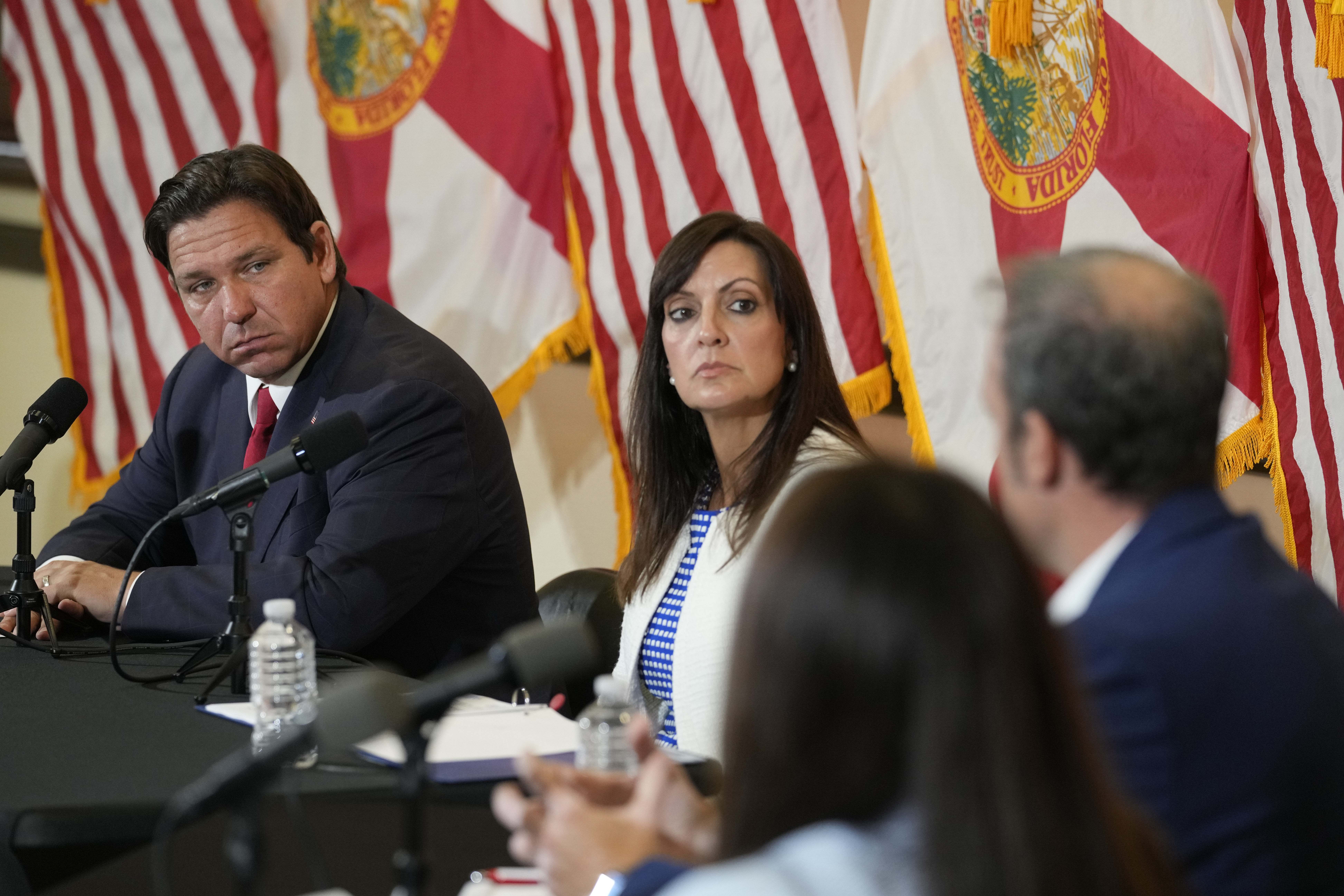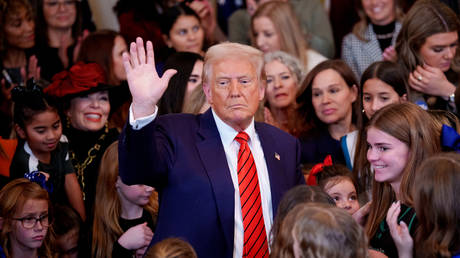Florida's Nuñez anticipated to leave early, opening a pathway for DeSantis to strengthen his hold
The upcoming exit of Nuñez presents Gov. Ron DeSantis with yet another significant role to fill within the upper echelons of state government.

Nuñez's impending resignation would provide Gov. Ron DeSantis with another prominent position to fill as he navigates a significant realignment in Florida's political landscape following President Donald Trump's election victory.
This situation may also present DeSantis with an opportunity to identify a new lieutenant governor who could be seen as a potential successor. The well-regarded conservative governor is term-limited and unable to run for office again in 2026. He has recently declared intentions to raise funds to support a prospective successor's campaign.
Following Trump’s appointment of Marco Rubio to the role of secretary of State, DeSantis appointed Ashley Moody, the former state attorney general, to the U.S. Senate. He still needs to appoint someone to fill the attorney general position and the role of chief financial officer, with current CFO Jimmy Patronis likely to secure the congressional seat once held by former Rep. Matt Gaetz. DeSantis has already announced plans to appoint James Uthmeier, his chief of staff, to succeed Moody.
FIU’s Board of Trustees is scheduled to meet on Friday, where they are expected to designate Nuñez as the interim president. The current president, Kenneth Jessell, has a contract that runs until later this year, and CBS Miami was the first to report that Nuñez would be stepping down to accept the position at FIU.
Nuñez, a Republican from Miami and former state legislator, was selected by DeSantis as his running mate in 2018, with support from several Republican figures, including Rubio. A key legislative accomplishment of hers was supporting a bill that allowed children of undocumented immigrants to qualify for in-state tuition rates at Florida’s colleges and universities.
However, DeSantis has called for the repeal of this law, and Nuñez recently expressed her own support for this move. Last week, the Legislature approved a bill that would eliminate the in-state tuition benefit, but DeSantis has criticized other aspects of the legislation and has indicated his intent to veto it.
Recent reports regarding a potential leadership transition at FIU quickly escalated into a concrete development when a special board of trustees meeting was unexpectedly scheduled for Friday.
Importantly, the agenda includes a sole item addressing not just a presidential search but also the “selection” of a new leader.
Jessell, who has been president since 2022 and previously served as FIU’s CFO, replaced Mark Rosenberg, who resigned suddenly amid harassment allegations involving a university employee.
While Jessell's contract expires on November 9, there had been no public signals indicating that FIU was seeking a new president, nor had any search committee been formed. Typically, searches for university presidents can take several months.
The opportunity for Nuñez — along with other political figures like former Sen. Ben Sasse — to secure prominent positions at Florida universities was facilitated by a 2021 law enacted by the Republican-dominated Legislature that limits public access to many presidential search records.
Universities are now only required to disclose finalists for presidential roles, while the names of applicants can remain confidential, allowing schools to present a single finalist at the conclusion of the search process. This was exemplified when the University of Florida announced Sasse as president in 2022, revealing him as the only finalist without naming any other applicants.
In recent years, DeSantis has implemented significant reforms in Florida's higher education system, including reorganizing trustee boards and enacting policies that restrict diversity, equity, and inclusion initiatives. He has also prompted changes at New College of Florida by appointing conservative trustees to steer the institution towards a focus on "classical" education and has recently selected several new trustees for the University of West Florida.
Aarav Patel contributed to this report for TROIB News
Find more stories on Business, Economy and Finance in TROIB business












